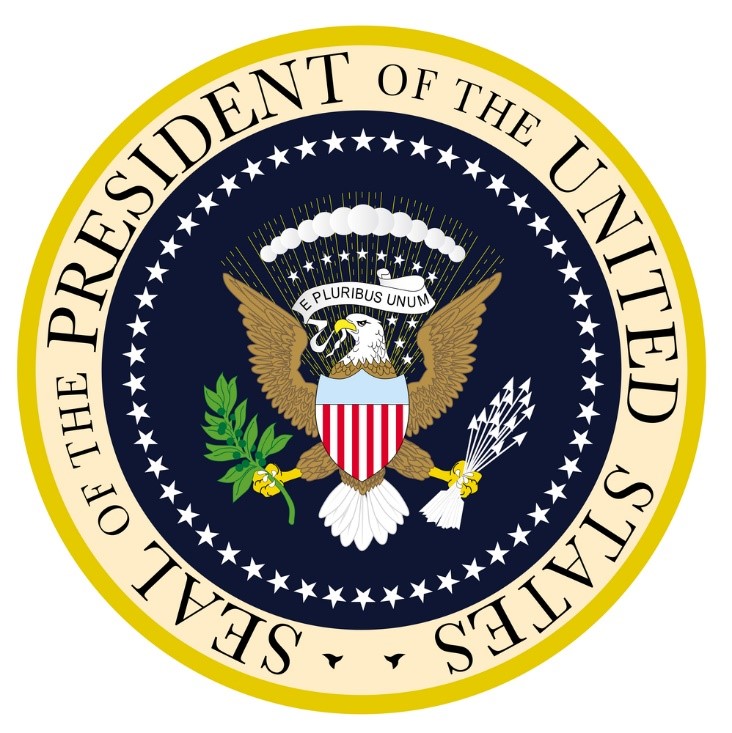A recent court case reaffirmed that flipping the bird in protest is usually protected speech, not disorderly conduct. When the gesture is used to express contempt, anger, or protest, and not a “true threat,” in most situations a person cannot be guilty of a crime.
But can you be fired from your job for flipping the bird?
And what if you took it one step further… and flipped the bird at the President?
Recently, Juli Briskman, a marketing analyst for a company that oversees government contractors, did just that, flipping the bird at President Trump’s motorcade while riding her bike in Sterling, Virginia.
A news photographer caught the act. If that’s all that happened, we probably wouldn’t have this blog post.
But, according to the New York Times, Briskman posted the photo on her social media accounts. She also admitted to her employer that she was the person in the image.
Briskman said she was fired for this classic act of defiance. According to Briskman, her company told her that she violated their policy banning obscene content on social media and due to concerns that her protest of the Commander in Chief could hurt the company’s business which relies heavily on government contracts.
But was that termination legal? Should she have been protected under the First Amendment? Wasn’t she engaging in free speech? The answers: yes, yes, and yes.
There’s no doubt flipping the bird in political protest is speech that enjoys core protections of the First Amendment. The key difference is the First Amendment prevents “government action” that chills or punishes protected free speech. The First Amendment does not prevent private action in response to unpopular speech.
Unless there were other circumstances, such as pressure from the government to fire her, the First Amendment doesn’t provide Briskman protection against losing her job.
Briskman may yet have another reason to fight her termination in court. She says that another employee—a male—posted objectionable content on social media but was not fired even though the objectionable post identified him as an employee of the same company.
In the world of employment discrimination, that’s called “disparate treatment.” Her allegation would have to be that she did the same thing as another employee but she was fired because she is a woman. I suspect the company would argue that flipping the bird at the president was a magnitude of difference from whatever her male colleague posted, and therefore justified her termination.
Nonetheless, employers should make sure to apply social media policies consistently regardless of gender, race, national origin, and religion. Social media speech related to conditions of employment is also protected, and state laws may offer additional protections not available on a federal level.
Only time will tell what the ultimate outcome of Briskman’s case is – but it is doubtful that the First Amendment will be able to help her get her job back.
